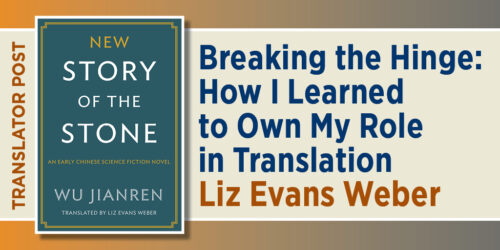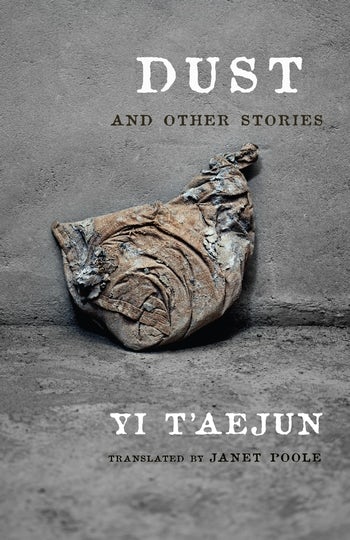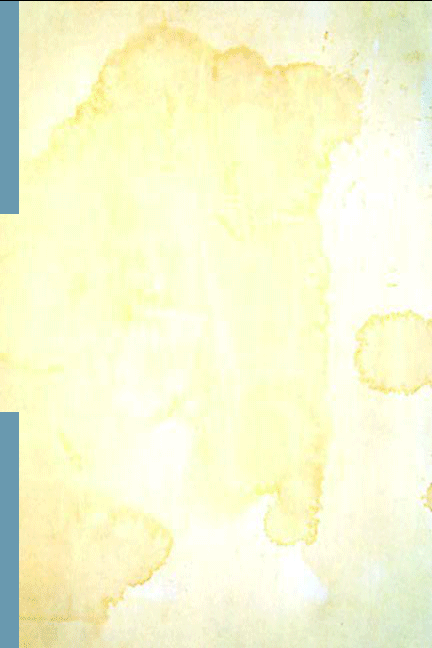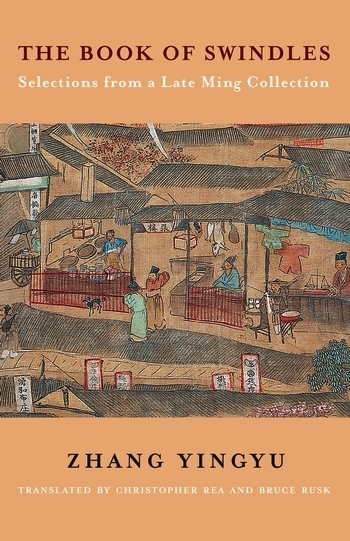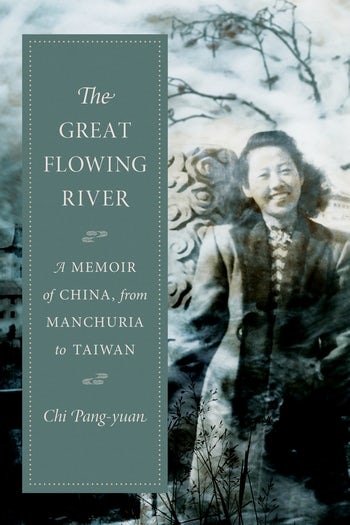Richard F. Calichman on Translating Abe Kōbō’s Beasts Head For Home
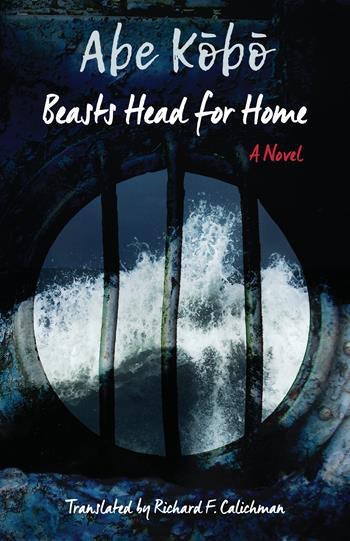
Today’s post for our National Translation Month feature is written by Richard F. Calichman, professor of Japanese studies at the City College of New York, CUNY and translator of the novel Beasts Head for Home by Abe Kōbō.
Remember to enter our drawing for a chance to win a copy of this book or any of the other titles we’re featuring this week! The drawing closes on Friday, September 14th at 1:00 pm EDT.
• • • • • •
The chance to translate a novel by the Japanese writer Abe Kōbō (or Kōbō Abe as he is sometimes known in English) was a rare one. Nearly all of Abe’s major works had already appeared in English translation, and it seemed that the intense interest in his works as shown by North American readers had long come and gone. No doubt the keenest expression of this interest took place a half-century ago, when Abe’s most popular novel, the 1962 The Woman in the Dunes, was made into a film and released in the United States two years later. The strangeness of the story and the haunting images of sand did much to cement the avant-garde reputations of both Abe and the filmmaker Hiroshi Teshigahara.
“Indisputably a major work by a fascinating writer.”
Beasts Head for Home, which originally appeared in 1957, tells the story of the Japanese youth Kuki Kyūzō who finds himself trapped in Manchuria following Japan’s defeat in World War II. The novel poignantly describes the longing for home as experienced by the protagonist, but Abe complicates this emotion by reminding us that Kuki has in fact never set foot in the Japan that he desperately claims as his homeland. Here Abe introduces the unsettling possibility that to be human is to be essentially homeless, that is, it is to lack the comfort and security of any fixed belonging. In modern society, our sense of home is typically conditioned by such elements as family as well as such broader commonalities as those based on nation, language, race, and ethnicity. Throughout the novel, Abe skillfully shows how all of these elements gradually disappear and reveal themselves to be false.
Beasts Head for Home is indisputably a major work by a fascinating writer, and its exploration of the question of identity very much resounds today in contemporary debates about multiculturalism and identitarian politics.
• • • • • •
Find out more about Abe Kōbō and Beasts Head for Home in Richard Calichman’s introduction to the book.
Join Kuki Kyūzō on his voyage home in this excerpt from the beginning of Beasts Head for Home.
For more on Beasts Head From Home, read an excerpt from the book published in The Guardian and check out the special issue of the literary journal The Scofield, “Kōbō Abe & Home,” which includes an excerpt and an interview with translator Richard Calichman.


